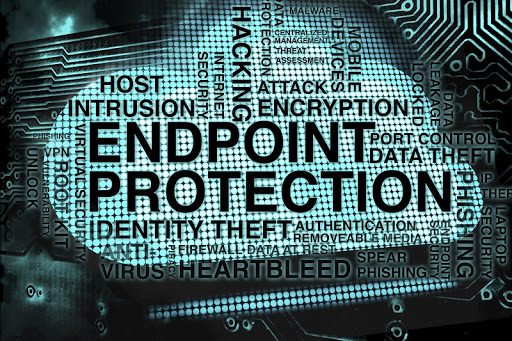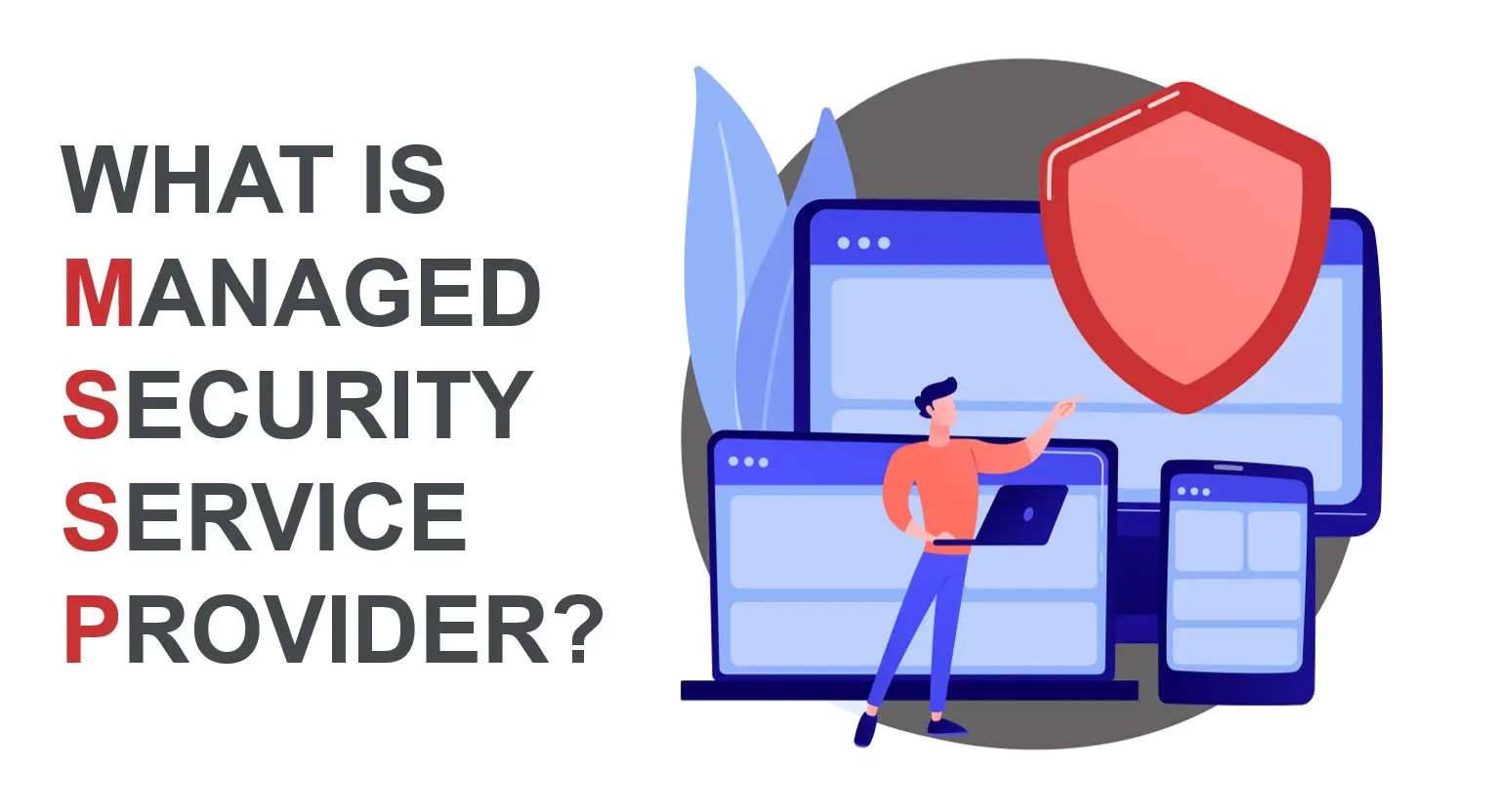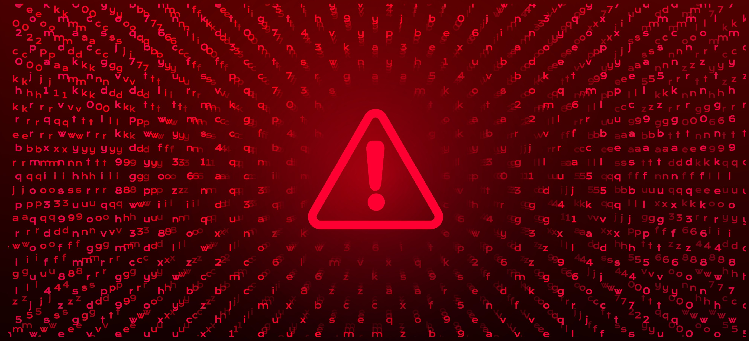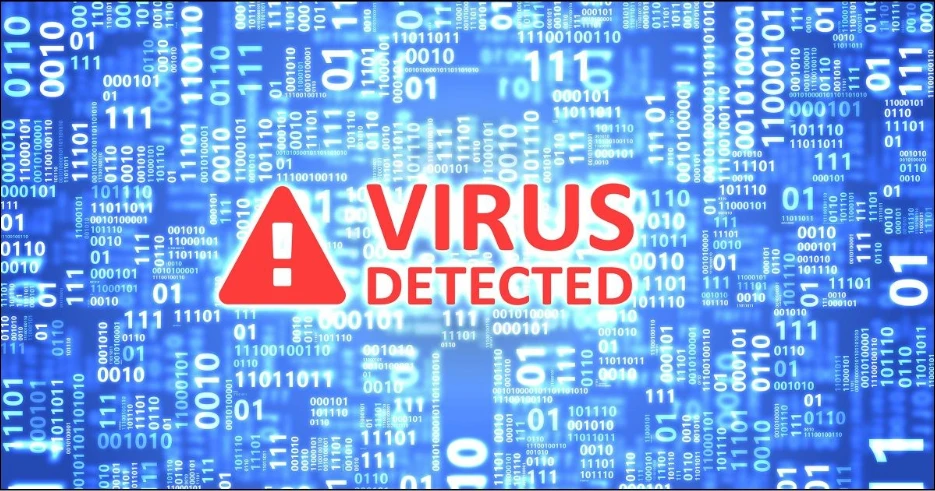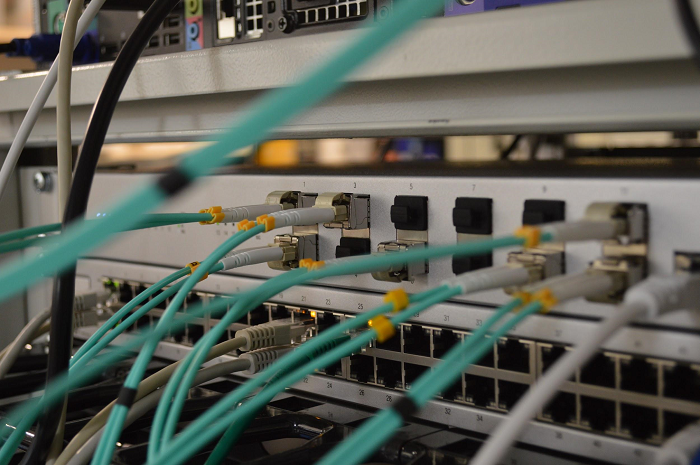BSOD Nightmare: The Hidden Risks of Legacy Cybersecurity Approaches
Updated on July 19, 2024, by Xcitium
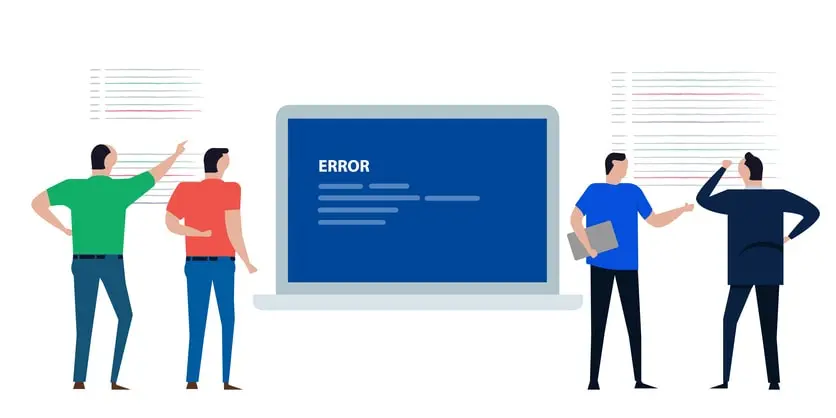
On July 19, 2024, a significant global tech outage disrupted operations in multiple sectors, including airlines, banks, healthcare, and public transit systems.
The root cause was traced back to a defective Kernel Driver update released by CrowdStrike, which adversely affected Microsoft Windows Operating Systems and caused what is commonly known as Blue Screen of Death (“BSOD”).
This incident highlights the vulnerabilities inherent in relying on a Detection-based approach to endpoint security, where frequent/constant updates are required to keep pace with the overwhelming release of new malware. Kernel updates are particularly sensitive, and reliance on changing Kernel drivers is a recipe for ongoing BSOD events.
In contrast, Xcitium’s zero trust architecture (ZTA) offers a unique and patented approach to endpoint protection. Based on the principle of “default deny”, Xcitium is the only endpoint security platform that automatically identifies all unknown executables and allows them to execute only in virtualized containers, where they can do no damage. As a result, Xcitium does not play this dangerous cat and mouse game that relies on frequent and risky Kernel Driver updates.
Xcitium’s methodology provides both a more robust framework to protect critical systems from unknown zero-day threats as well as limiting exposure to catastrophic BSOD events.

